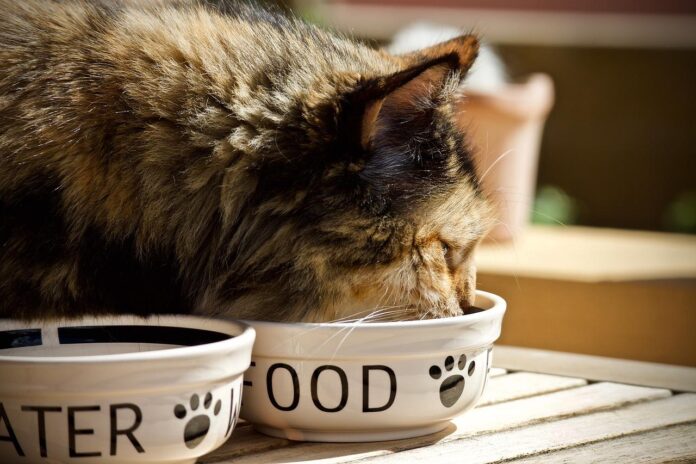Understanding Chronic Kidney Disease in Cats: A Comprehensive Overview
Chronic kidney disease (CKD) stands as one of the most prevalent health issues affecting felines today. Recent studies indicate that over 60% of cats across all age groups exhibit signs of at least mild CKD. Alarmingly, for cats aged 15 years and older, that figure escalates to over 80%. Given the gravity of this condition, cat owners must remain informed and vigilant about their pets’ health.
The Impact of Nutrition on CKD
Nutrition plays a pivotal role in managing chronic kidney disease in cats. Research has consistently shown that therapeutic kidney diets can be beneficial in decelerating the progression of CKD. These specialized diets not only aid in maintaining a cat’s weight but also support muscle mass retention.
What Sets Therapeutic Kidney Diets Apart?
- Lower Levels of Phosphorus, Protein, and Sodium: Therapeutic diets are formulated with reduced amounts of these nutrients compared to regular cat food designed for healthy adult cats.
- Higher Caloric Content and Omega-3 Fatty Acids: These diets typically contain more calories and beneficial omega-3 fatty acids, which are essential for overall health.
- Less Acidifying: Kidney diets are generally less acidifying than standard cat foods, promoting a more stable internal environment.
Advancement in Research and Nutritional Guidelines
While commercial kidney diets have been available for over 70 years, particularly for dogs, ongoing research continues to enhance our understanding of feline nutrition in relation to CKD. It is crucial for cat owners to keep pace with the latest findings and dispel prevalent myths surrounding the condition.
Test Your Knowledge: CKD Nutrition Quiz
Are you knowledgeable about the dietary needs of cats with chronic kidney disease? We invite you to participate in our informative quiz designed to evaluate your understanding of nutrition for felines affected by CKD. It’s a fun and educational way to stay updated!
For more information about CKD and nutritional interventions, consult your veterinarian or a pet nutrition expert.











